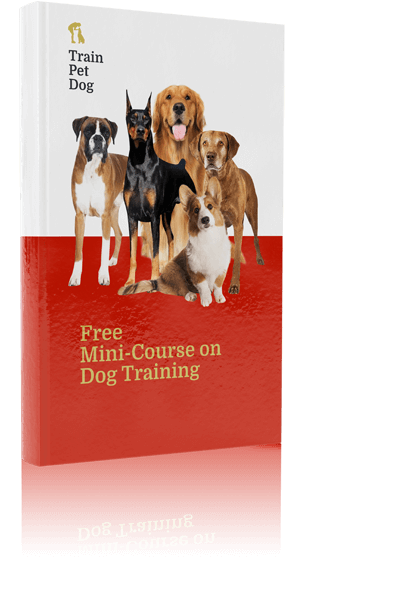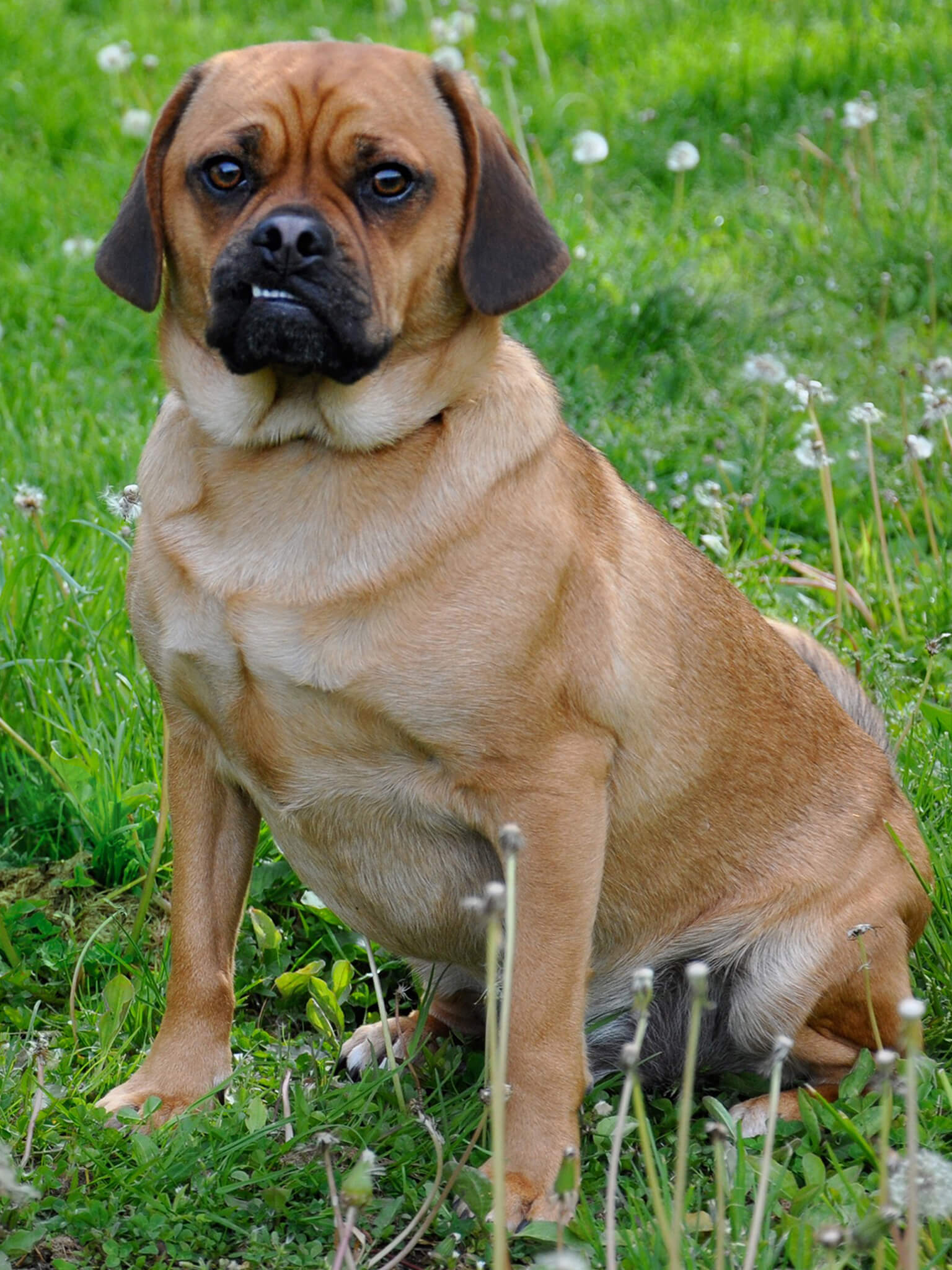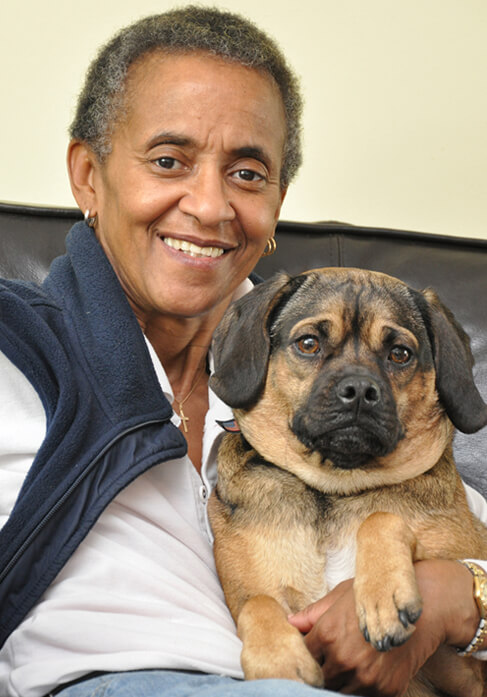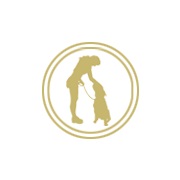Privacy Policy: Your email address is 100% safe.
We don't spam and hate it as much as you do :-) You can also unsubscribe from our mailing list at any time.

Sign Up
Puggle: Breed Characteristics, Care &
Exercise Needs (Beagle-Pug)

Country of Origin, History of Puggles
There is no known date when the Puggle breed originated, but it is believed it may have existed naturally over the years. However, it was only in the 1980s that Wallace Havens of Wisconsin officially created the first Puggle by mixing Pug and Beagle.
Later, designer dog breeders in North America continued to develop Puggles to have an intelligent, affectionate, companion dog. As demand for mixed breed dogs kept increasing, Puggles became more and more popular.
Puggle Tools
Breed Selector Tool - is the Puggle the right breed for you?
Is the Puggle the right breed for you and your family?
Find out by using our Free Dog Breed Selector Tool
Check Your Puggle's Learning Style
Are you aware dogs also have a learning style that can greatly affect their ability to housetrain as well as be trained correctly. Evaluate your Puggle's learning style and personality using our free Learning Style tool so that you are better able to provide him with the proper Puggle training methods.
Is your Puggle dominating over you?
Does your Puggle bark unnecessarily? Does your Puggle come to you when you call? Download a FREE Report on Dog Dominance for you and your Puggle and learn how to control your dog.
Do you make these mistakes with your Puggle?
Are you inadvertently snow-balling bad behavior in your Puggle? Evaluate your Dog Training Style from our Free Tool and learn how best to deal with your dog.
Puggle Calorie Calculator
Do you know how many calories your Puggle needs every day and how many cups of food you should be giving it every day? Click here to use our Puggle Calorie Calculator.

A General Appearance of the Dog
The Puggle is a mix of the Pug and the Beagle. Be sure to learn about both breeds to better understand your dog. Most Puggles have the wrinkles of a Pug and long body of the Beagle, but beyond that, they can have any combination of characteristics – long or short legs, long or short muzzle, smooth or curly fur, etc. Because both breeds are stubborn and independent, you can expect an independent dog who learns and obeys when he wants to. The Puggle is friendly with people, kids, and other dogs and enjoys socializing. They may chase other pets.
Puggles are loving, smart, and protective. Puggles enjoy activity, but can tire easily and need a short rest. They like walks and playtimes. They also enjoy sitting around with their people. They can suffer separation anxiety. They also tend to bark and (or bay), so that should be taken into account if you live in an apartment. They tend to dig and wander off while chasing a rabbit or squirrel if not in a fenced yard.
Coat
Most Puggles have a short, silky double coat. Colors include black, tan, fawn, lemon, and red with white or black markings.
Weight:
18 – 30 pounds (Toy Puggles weigh 8 – 17 pounds)
Height:
13 – 17 inches (Toy Puggles are less than 13 inches)



Free Puggle Training Secrets
Free Course on Puggle Training & Obedience
Stop All Bad Behavior, Excessive Barking and Biting
Puggle Personality Traits

Temperament of the Dog
Puggles are cute and friendly. Families love them since they get along with kids and other pets (but they may chase them until taught otherwise). They are smart and can learn a lot of things, but may be stubborn when it comes to responding to commands on the owner's time schedule. They are very affectionate and love to be lapdogs. Their desire to play makes them a good playmate with children.
They can be stubborn and uncooperative and sometimes hard to housetrain. Their wanderlust and howling is often overlooked because of their sweet demeanor and desire to play. Puggles need mental stimulation and frequent times of play or walks.
Better suited to an indoor or outdoor lifestyle?
Puggles need a fenced outdoor area for exploring and sniffing, but watch them so they don't dig under the fence to follow some small animal they think is prey. They will want to live in the house with their people so they can get plenty of play and snuggles.
Are they suited to homes with kids?
Puggles like kids, so they can make a good family dog. They may be well-suited to being a good dog for a retired couple with lots of time for training.
Training
The Puggle can be a challenge to train. They may be resistant to housetraining. They will be stubborn to the point of ignoring their owner’s commands. Start socializing and training early, using positive reinforcement, and continue throughout the dog’s life to help with etiquette, alleviating separation anxiety, and keeping the dog involved in life.


Free Puggle Training Secrets
Free Course on Puggle Training & Obedience
Stop All Bad Behavior, Excessive Barking and Biting
Puggle Activity Level
How active is the breed?
The love to play, but sometimes get winded or tired or hot and must stop and rest. Keeping them active in positive ways will help them not to be destructive (such as digging up your yard). Keep your Puggle on a leash when he is not in a fenced yard so he does not run off chasing another animal.
Grooming
Puggles shed a lot so must be groomed nearly daily. Many Puggles have the wrinkles of the pug which must be kept clean to avoid skin issues. Baths should be kept to a minimum and the dog should be dried completely, especially between skin folds. Eyes and ears should be checked frequently. Some Puggles’ eyes need their eyes wiped throughout the day. Trim nails at least once a month and brush teeth at least three times a week.


Free Puggle Training Secrets
Free Course on Puggle Training & Obedience
Stop All Bad Behavior, Excessive Barking and Biting
Health and Care
Many Puggles snort and snore, so don't be concerned when you hear that. They are prone to respiratory problems, so be aware of unusual noises or coughing or gasping. Both Pugs and Beagles have a variety of health issues, so it is not surprising the Puggle is subject to most of them. Possible health issues for the Puggle include stonotic nares, entropion, intervertebral disc disease, congenital heart defect, and Legg-Calve Perthes Disease. Other concerns are other leg and hip issues (patellar luxation and hip dysplasia), eye issues (cherry eye, glaucoma, corneal ulcer), epilepsy, and hypothyroidism.
Life Span: 10 – 15 years
National Breed Clubs
National Breed Clubs: none
Other Recognition:
ACHC = American Canine Hybrid Club (Puggle)
DBR = Designer Breed Registry (Puggle)
DDKC = Designer Dogs Kennel Club (Puggle)
DRA = Dog Registry of America, Inc.
IDCR = International Designer Canine Registry® (Puggle)
Group: Mixed Breed Dog
AKC Popularity Ranking: Not recognized by AKC.
Also Known As: Beagle-Pug
Train Your Puggle To Listen To You
Get Instant Access to Your Training Now - For Free
Sign up for our Free Puggle Mini Course to have a housebroken, obedient dog that happily comes to you every time you call.
You'll learn new commands to obedience-train your dog as well as how to housebreak your dog in 6 days or less.
You'll also learn how to eliminate bad habits like barking, nipping or biting, jumping, or pulling on the leash.Here's just s small fraction of what else you'll learn in the course:
How to lead and think like a pack dog - the new psychology.
3 dangerous mistakes that most Puggle owners make when they are trying to potty train their dogs.
The 2 main reasons why your dog barks excessively and how to control its excessive barking.
How to obedience train your Puggle to permanently end behavioral problems like Jumping, Aggression, Pulling on Leash.
A surprisingly easy way to teach your dog cool new tricks.
How to improve your dog's lifespan and keep it from getting overly heavy with a healthy and nutritious diet.
Getting Pro help fast - how to get access to our expert trainers when you need them most.
One hidden psychological trigger that all Puggles have... that practically allows you to "analyze" and "control" your dog's every action.
Priority access to the free online seminars conducted by our training experts.
Whereas other dog training related web sites and books offer generic information for dogs in general, ours is the ONLY web site that offers Puggle information specifically, from a renowned panel of experts - because as you probably know, Puggles have their own special training requirements that other dogs don't have.
Our Dog Experts
The Puggle training information you will read here was developed by a panel of renowned dog training experts whose combined wisdom represents nearly 100 years of specialist experience training dogs.
Here are a few of our experts:




